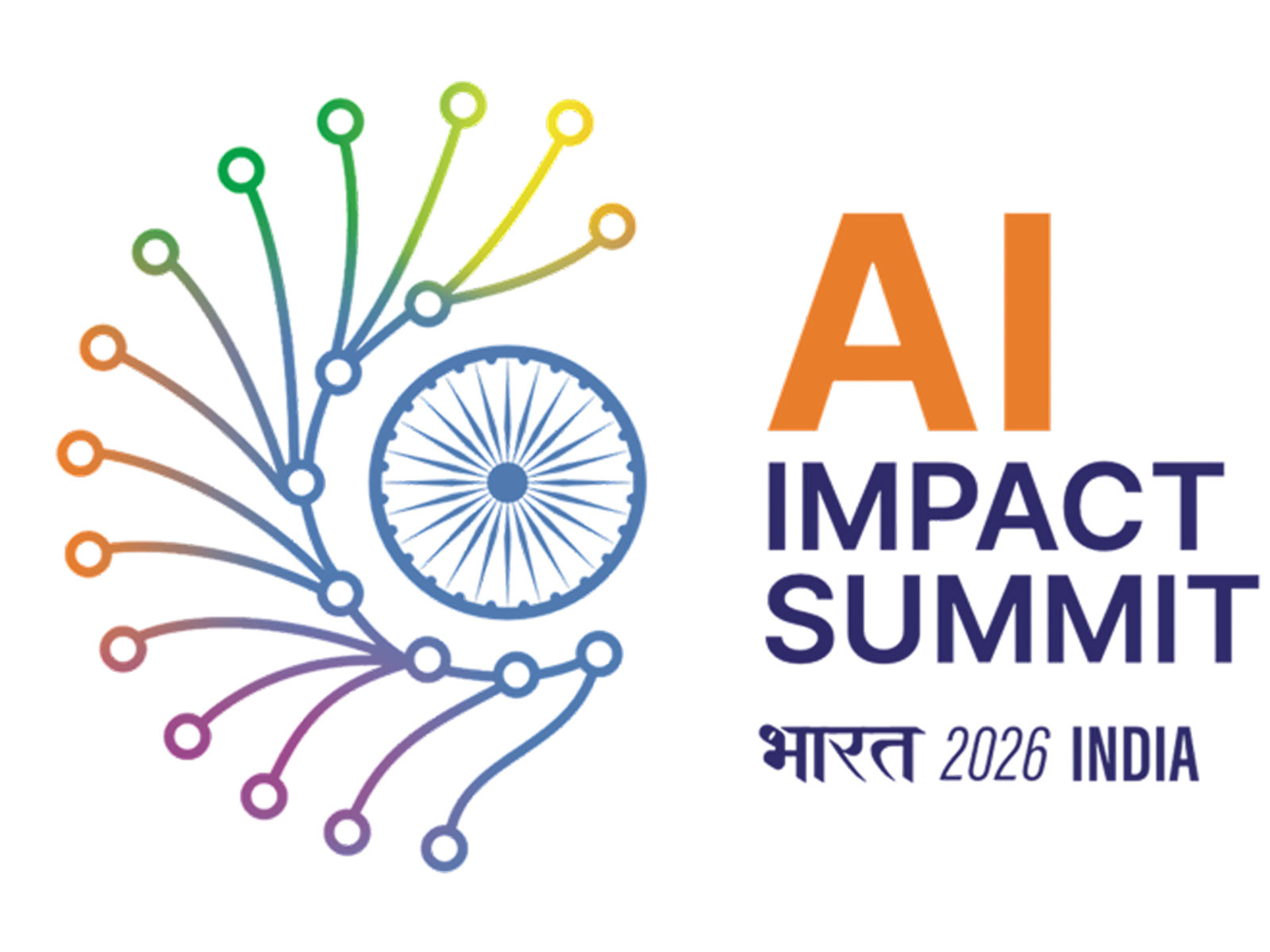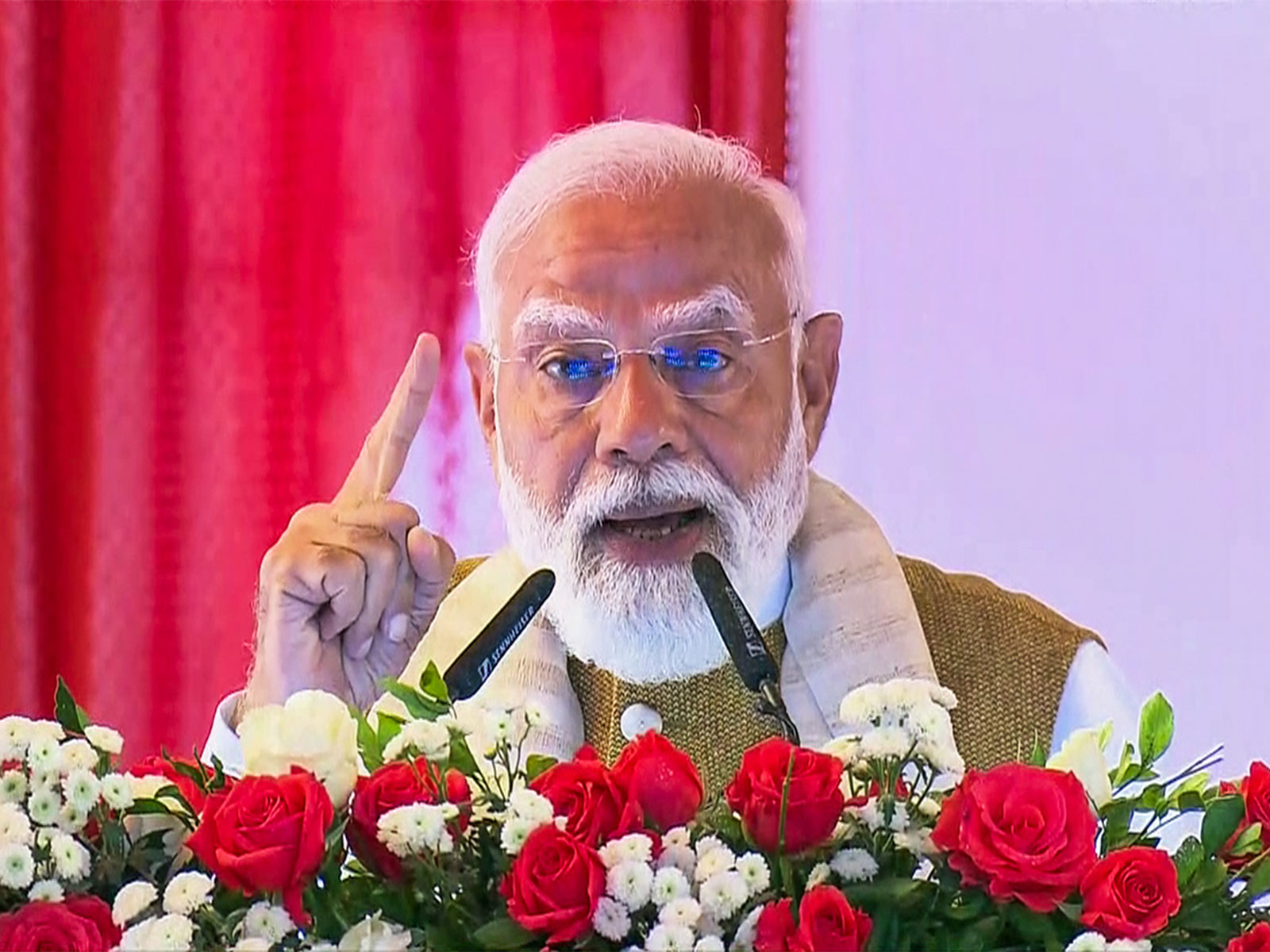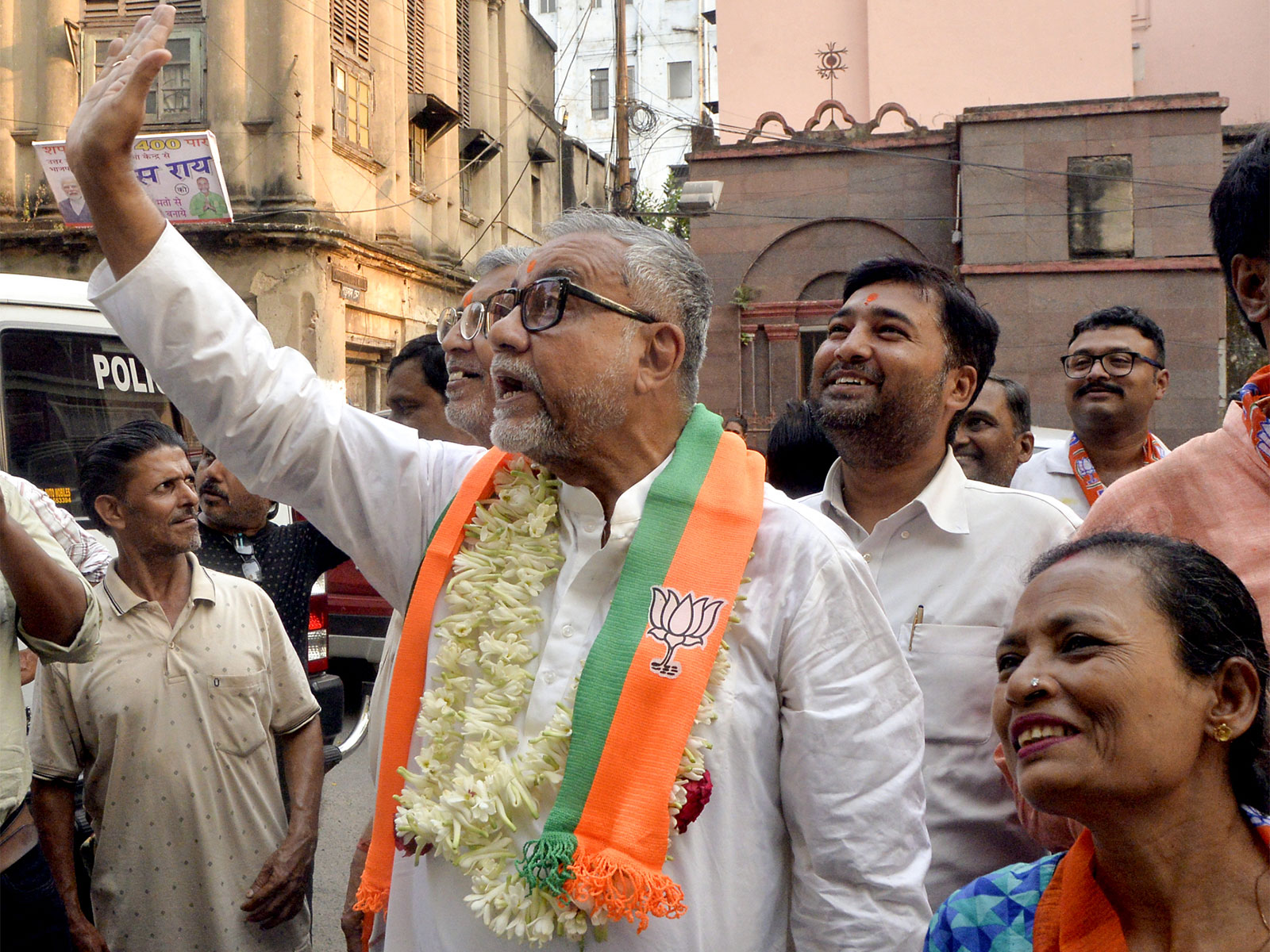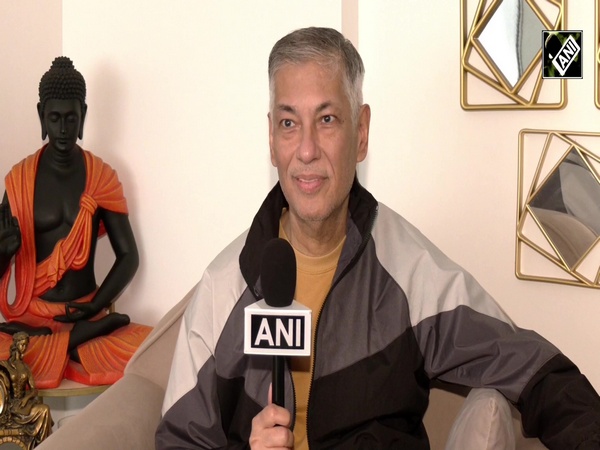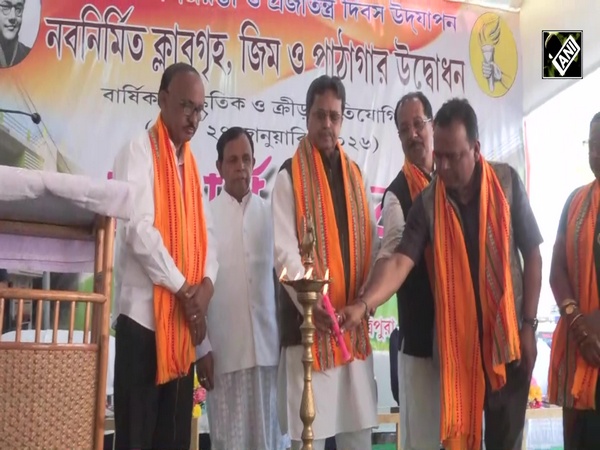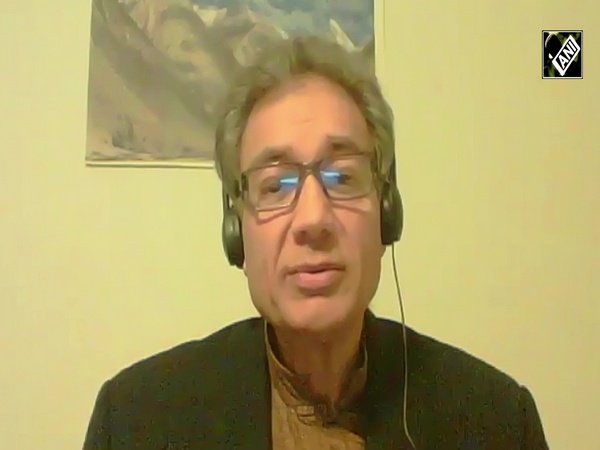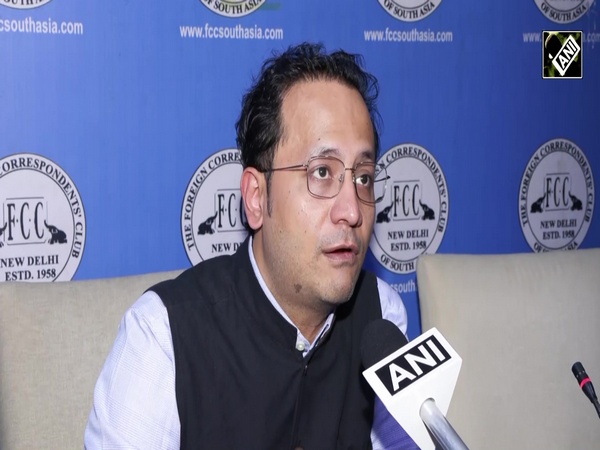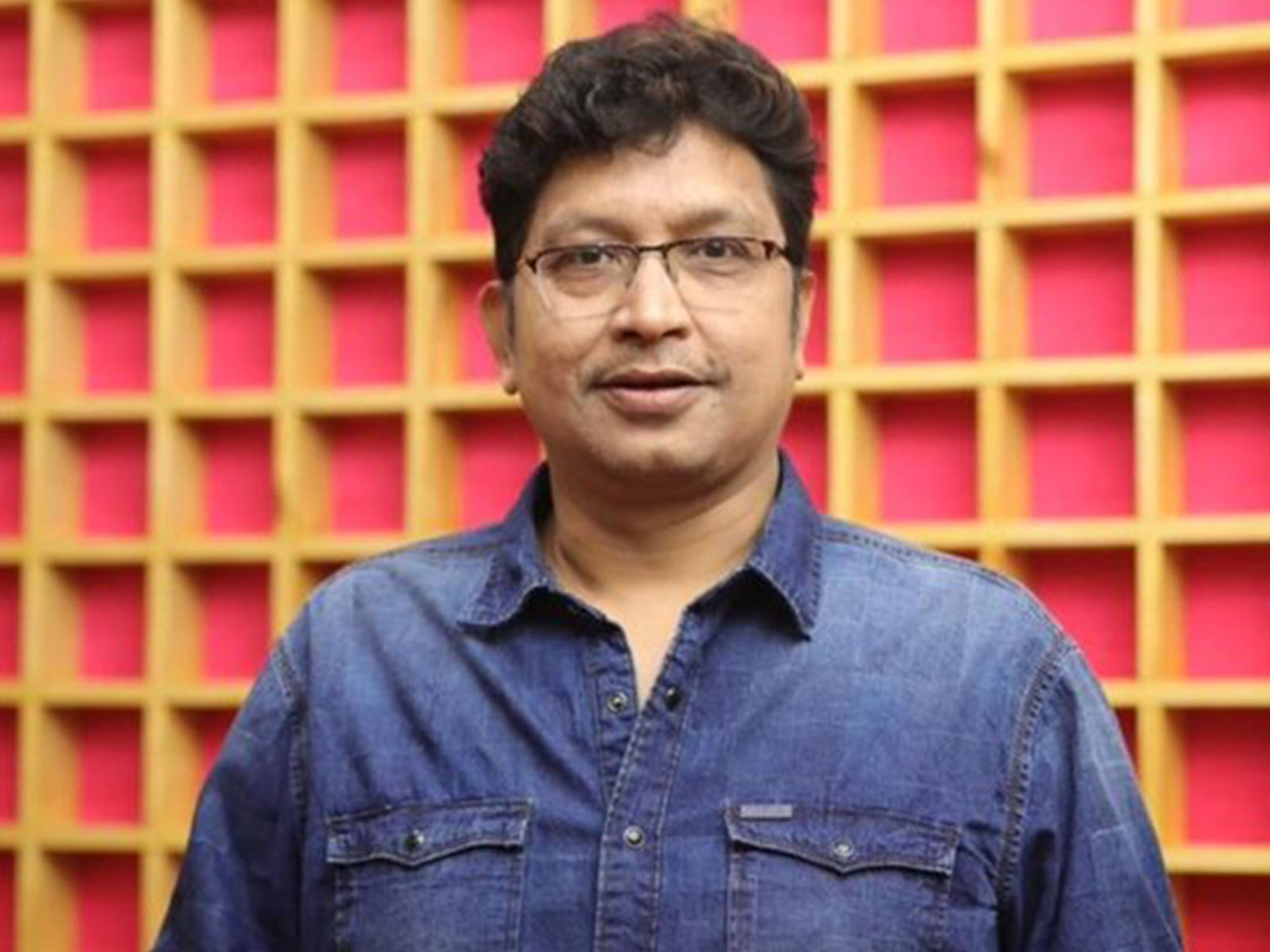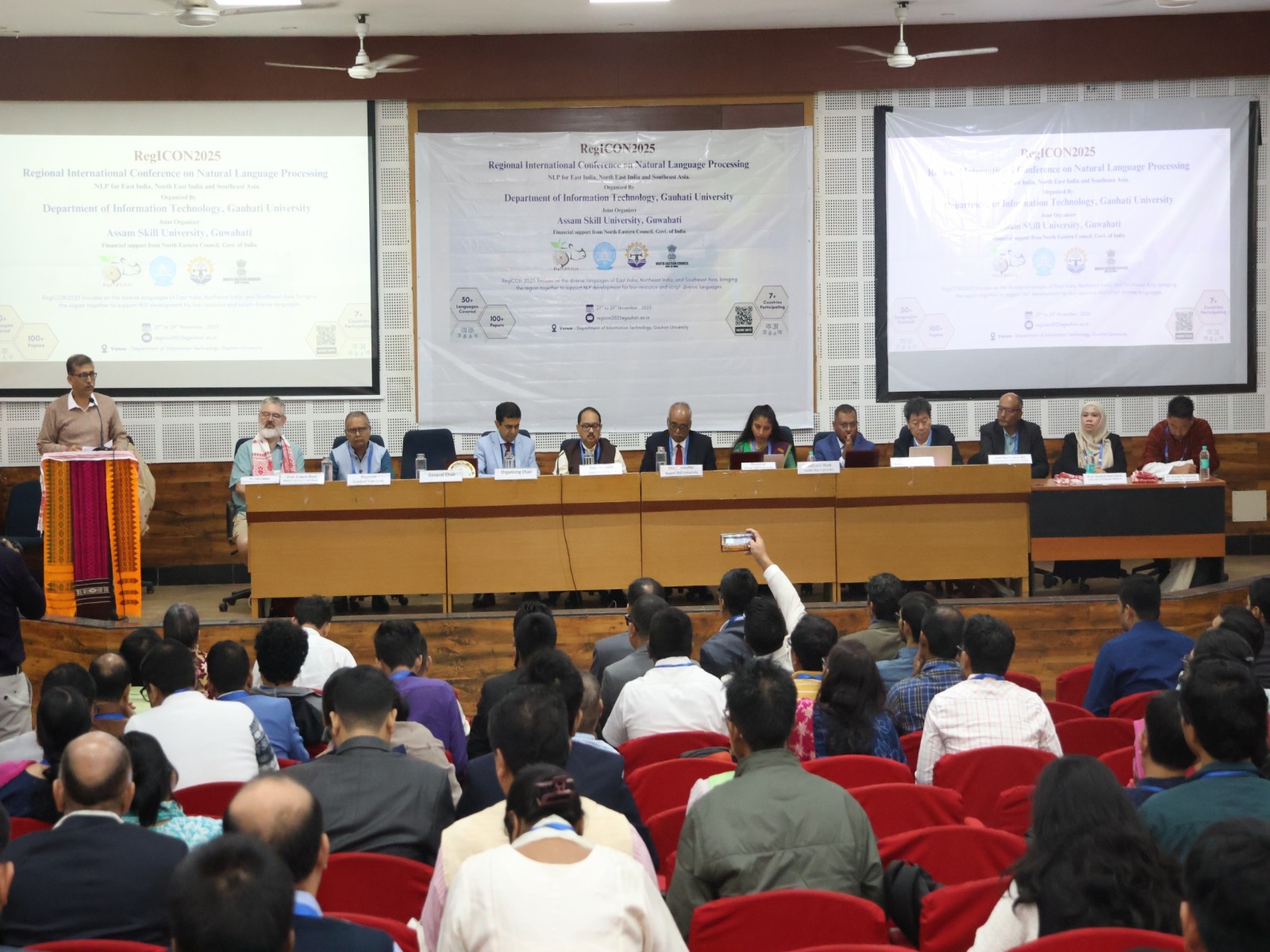
RegICON 2025 at Gauhati University calls to safeguard endangered languages through AI
Nov 28, 2025
Guwahati (Assam) [India], November 28 : RegICON 2025 has started at Gauhati University, setting the tone for a three-day dialogue on Natural Language Processing (NLP), artificial intelligence and linguistic diversity.
Inaugurating the event, Gauhati University Vice Chancellor Prof Nani Gopal Mahanta said, "In a region that speaks in 185 languages, technology must become a moral instrument - one that protects, preserves and empowers."
The Conference will be concluded on November 29.
Prof. Mahanta highlighted the urgency of digitally documenting Northeast India's endangered languages, including Singpho, Tai Phake and Tai Khamti, and stressed that emerging technologies must strengthen, not overshadow, cultural identity.
He called for sustained interdisciplinary research to safeguard the region's linguistic, social, and cultural heritage.
The Regional International Conference (RegICON) 2025 began with the release of an introductory video at PD Hall, drawing scholars and practitioners from Japan, the Czech Republic, Hong Kong, Malaysia, Nepal, Bhutan and Sri Lanka.
Delivering the keynote address, Prof. Virach Sornlertlamvanich, Musashino University, Japan, spoke on "Conscious AI: A Buddhist-Inspired Cognitive Framework."
He explained how a Buddhist-influenced cognitive model and the Semantically Aware Reasoning (SAR) framework, which could enable AI systems to develop deeper contextual understanding and more deliberate reasoning, are an essential step toward next-generation, insight-driven AI.
Subhash Chandra Das, IAS (Retd) (Vice Chancellor, Assam Skill University), and Dr MS Lakshmi Priya, IAS (Registrar, Assam Skill University), highlighted the growing need to equip youth with skills in AI, Machine Learning, and NLP to enhance regional and global opportunities.
In his Welcome Address, Prof Shikhar Kumar Sarma (Organising Chair, Dean of Technology and Head of IT, Gauhati University), outlined how RegICON builds on the legacy of ICON, India's flagship NLP conference, while focusing on the linguistic challenges and technological aspirations of Northeast India and Southeast Asia.
Prof Sivaji Bandopadhyay (General Chair) presented the conference themes, including multilingual NLP, speech technologies, cognitive modelling and deep learning for low-resource languages.
The inaugural programme concluded with a vote of thanks by Prof. Manoj Kumar Deka (Academic Head and Head of IT, Assam Skill University), followed by an Asom Sangeet presentation.
On the other hand, a school student shares space with university researchers at a mainstream natural language processing (NLP) forum.
Royal Global School (RGS) Class XII student Huma Abia Kanta presented a full-length technical paper on an artificial intelligence-driven Sanskrit-Chinese phonology model at RegICON 2025, the Regional International Conference on Natural Language Processing organised by the Department of Information Technology, Gauhati University, where her work was featured in regular sessions alongside faculty and researchers from leading institutions in India and abroad.
Her paper, titled "A Buddhist-Lexicon-Inspired Encoder-Decoder Model with Luong Attention: Seq2seq Reconstruction of Sanskrit Phonology via Tang-Era Siddham-Hanzi Transliteration," proposes a sequence-to-sequence encoder-decoder architecture with Luong attention to reconstruct Sanskrit-oriented phonology from Tang-era Chinese Buddhist lexicon entries, using a curated bilingual dataset designed to preserve historical sound correspondences between Siddham-derived forms and Chinese characters, and argues that such attention-based neural models can assist digital philology, cross-linguistic comparison and script-to-script transliteration for scholars working on Sanskrit, Chinese and related classical traditions.
Co-authored with Dr Ankur Pan Saikia of Assam Down Town University and Dr Utpal Barman of Assam Skill University, the study was placed in technical sessions that also discussed multilingual benchmarks for Indian languages, Assamese coreference resolution, low-resource machine translation and speech technologies for endangered languages of Northeast India, with her mentor describing her inclusion as a rare case of a school-going researcher presenting in a regular technical track; the conference also featured keynote talks by internationally recognised NLP experts such as Prof. Francis Bond and Dr Karma Wangchuk.
The authors detail dataset construction, tokenisation choices, model configuration, parameter tuning and evaluation based on phonetic similarity and composite scores, and argue that high-fidelity encoder-decoder systems trained on philologically validated pairs can approximate expert reconstructions with strong phonetic and rhythmic fidelity, while flagging the need for larger corpora, better handling of dialectal variation and the inclusion of multimodal (including acoustic) features in future work so that such models can be extended to broader cultural-heritage and manuscript-preservation tasks.
Huma presented another AI/ML research paper at an international conference in Azerbaijan, making the Gauhati University presentation her second international-level appearance as a school-going researcher and, according to mentors, reinforcing the message that early-stage scholars from Assam and the Northeast can contribute to global conversations in emerging fields when provided with structured guidance and credible academic platforms.
Alongside her research work, Huma has also founded "desicodes", an open-source initiative that enables coding in Assamese and other Northeastern languages through an Assamese-to-Python transpiler called "asPy" with additional language modules under development; the project aims to make programming more accessible to rural and first-generation learners while helping bring underrepresented regional languages into the digital and AI ecosystem.




